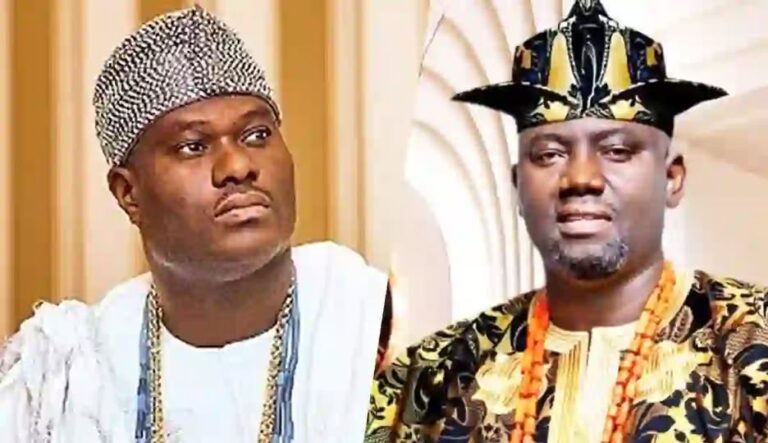Nigeria stands at a crossroads where heritage must meet innovation. In this moment, few figures hold as much symbolic and practical weight as the Ooni of Ife and the Alaafin of Oyo. Beyond their crowns, these monarchs carry legacies that could be harnessed to drive unity, growth, and sustainability in a rapidly changing country.
Guardians of History
The Alaafin once ruled over an empire that stretched across West Africa, commanding military might and an administrative structure that influenced governance for centuries. His role has long embodied political power, diplomacy, and resource management.
The Ooni, on the other hand, is not just a king but the spiritual heart of the Yoruba people. His lineage traces back to Oduduwa, the revered progenitor of Yoruba civilization. The Ooni’s influence is felt in rituals, festivals, and the preservation of language and culture. Where the Alaafin symbolizes political sophistication, the Ooni represents cultural continuity.
Together, they stand as complementary forces—political authority and spiritual legitimacy—that have shaped Yoruba identity for generations.
From Rivalry to Renewal
Today, these two monarchs are once again in the spotlight, not for unity but for conflict. A dispute over a contested chieftaincy title has reignited old rivalries, with the Alaafin issuing ultimatums and the Ooni defending his stance.
Yet, while tradition has space for healthy debate, Nigeria’s pressing challenges—from economic uncertainty to youth unemployment—demand collaboration, not division. If these two leaders channel their combined influence, Yorubaland could become a model of cooperative traditional leadership in the 21st century.
What Collaboration Could Unlock
If they chose partnership over rivalry, the Ooni and Alaafin could champion:
-
Agricultural transformation: supporting farmers with modern tools while protecting indigenous farming wisdom.
-
Youth empowerment: creating pathways for education, tech skills, and entrepreneurship.
-
Cultural tourism: preserving historical sites while turning Yoruba traditions into engines of economic growth.
Their combined platforms could transform grassroots economies and inspire national unity.
Traditional Institutions in a Digital Age
Far from being relics, Nigeria’s royal institutions can be active players in the digital revolution. With unmatched community reach, they can:
-
Promote digital literacy across rural and urban communities.
-
Mentor startups and small businesses.
-
Strengthen governance by giving local voices a role in decision-making.
By standing at the intersection of old wisdom and new technology, monarchs like the Ooni and Alaafin could help bridge Nigeria’s digital divide.
Charting the Path Forward
For Nigeria to thrive, its monarchs must serve as more than cultural custodians. They must become catalysts for progress. That means setting aside rivalries, creating think tanks, backing policies that enable innovation, and guiding the next generation with values rooted in Omoluabi—the Yoruba philosophy of integrity and responsibility.
Closing Thought
The crowns of Ife and Oyo carry more than history; they carry opportunity. If the Ooni and Alaafin can stand side by side, they will prove that tradition and innovation are not opposites but partners in building a sustainable, inclusive future for Yorubaland and Nigeria at large.

